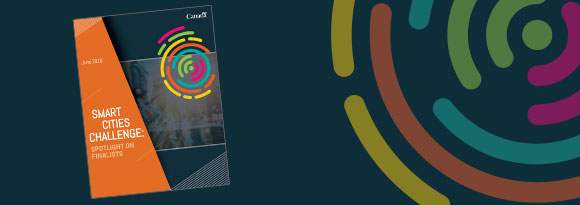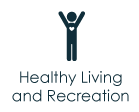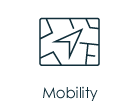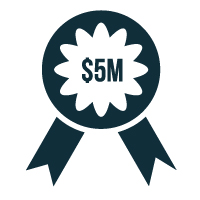Mohawk Council of Akwesasne, Quebec
This page has been archived on the Web
Information identified as archived is provided for reference, research or recordkeeping purposes. It is not subject to the Government of Canada Web Standards and has not been altered or updated since it was archived.
The first round of the Smart Cities Challenge is closed. The Government of Canada announced the four winners (City of Montréal, Québec; Nunavut Communities, Nunavut; City of Guelph and County of Wellington, Ontario; and Town of Bridgewater, Nova Scotia) on May 14, 2019.

Executive Summary
- PDF Version (172.63 KB)
- HTML Version
"Akwasasne is truly a smart community and ready to take on the task of ensuring that our next seven generations are reconnected with our traditional food, our people, our culture and our health"
– Finalist video
Challenge Statement
Decrease the rate of new cases of diabetes per year in Akwesasne to the Canadian average (0.5%; 5.9/1,000) by improving community wellness using traditional approaches encompassing holistic Indigenous practices, improved access to community services and health diagnostics.
Summary
The scourge of diabetes falls heavily on Aboriginal people around the world. In Canada, the rate of diabetes for Indigenous people is 3 times that of other Canadians. The Mohawk Council of Akwesasne will use the Smart Cities Challenge to decrease the rate of new cases of diabetes, and provide a framework for similar communities.
Drawing on holistic Indigenous practices focussed on protecting and restoring the natural world, our program will integrate modern health diagnostics, improved diet and food security, access to health services and physical fitness as ways to reduce the risk and prevalence of diabetes diagnoses.
Smart technologies in the form of electric vehicles, smart greenhouses and an integrating mobile/websystem will be key tools in achieving positive change in lifestyle, education and accessibility issues at the root of problem.
Akwesasne community members will share personal scoring on measures related to the areas of focus publicly but anonymously, so that the community's digital scorecard is transparent and a shared challenge. Software will seamlessly organize reporting, communication with health professionals, scheduling clinical access, food delivery and the education of risk reduction. Traditional practices will renew our Mind, Body and Spirit, while digital technology will help overcome our geographic challenges.

Spotlight on Finalists:
Mohawk Council of Akwesasne, Quebec
Population: 12,315
Focus Areas:


Prize Category:

#smartcitiesCanada
The Jury's Perspective
Read the transcript
My name is Carol Anne Hilton. I am the CEO of the Indigenomics Institute.
I was inspired to be a juror for the “Smart Cities Challenge" because I see the importance of driving a future reality and the possibility to focus on solutions today that are scalable, inclusive and open are an important pathway to be able to do that.
So, in looking at the Akwesasne application, what inspired me as a juror about this application was that it was a strong solutions application that focused on driving community health solutions that included both a traditional focus as well as technology application, with a focus on well-being.
The Finalist's Perspective
Read the transcript
The Smart Cities Challenge is a competition that calls on Canadian communities to explore how data and connected technology can achieve meaningful outcomes for residents.
The Finalists - $5M Category: Mohawk Council of Akwesasne, Quebec
Question: Tell us about your team and your community.
Rhonda Adams (Information Services Manager): My name is Rhonda Adams, I'm here with the Smart Akwesasne team from the Mohawk Council of Akwesasne. Our community is located between Canada and the US at the point where the two provinces of Ontario and Quebec meet.
Question: Why did you enter the Challenge?
Rhonda Adams (Information Services Manager): We entered the challenge so that we could provide better services to our community within our health department and just try to make life easier within our community. Make things more accessible.
Challenge Statement: Decrease the rate of new cases of diabetes per year in Akwesasne to the Canadian average (0.5%; 5.9/1,000) by improving community wellness using traditional approaches encompassing holistic Indigenous practices, improved access to community services and health diagnostics.
Join the conversation: #smartcitiesCanada
Infrastructure Canada
- Date modified: